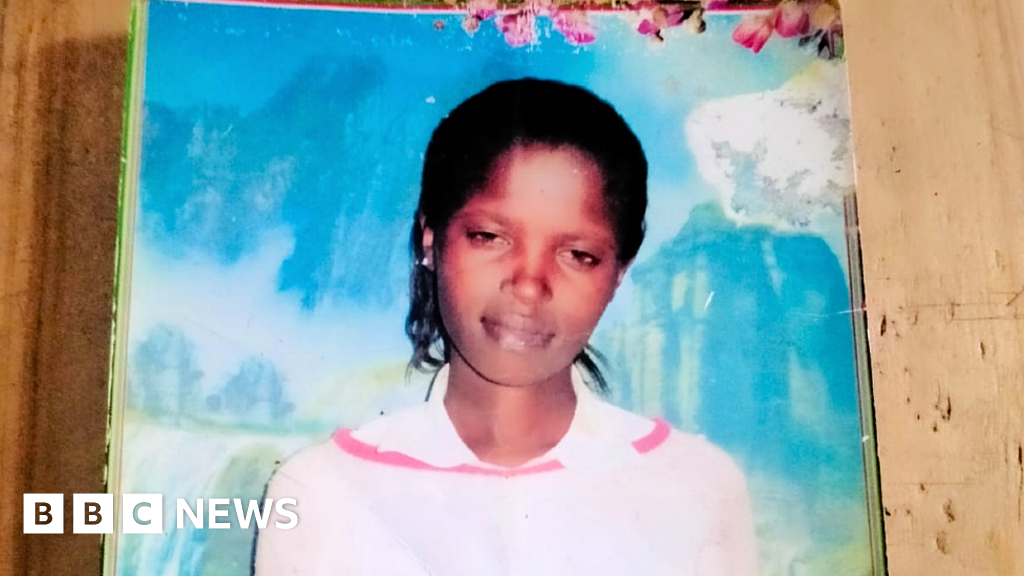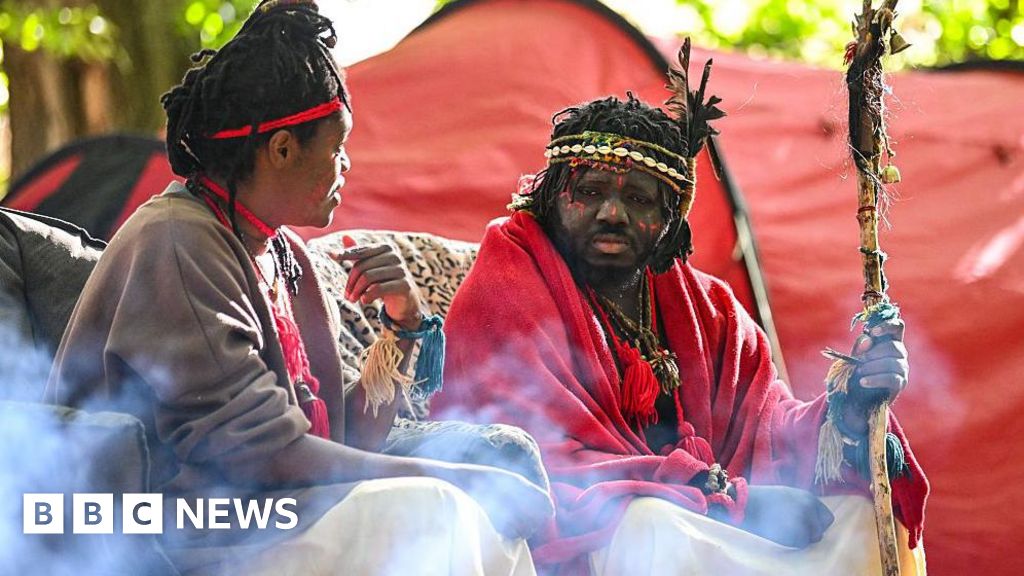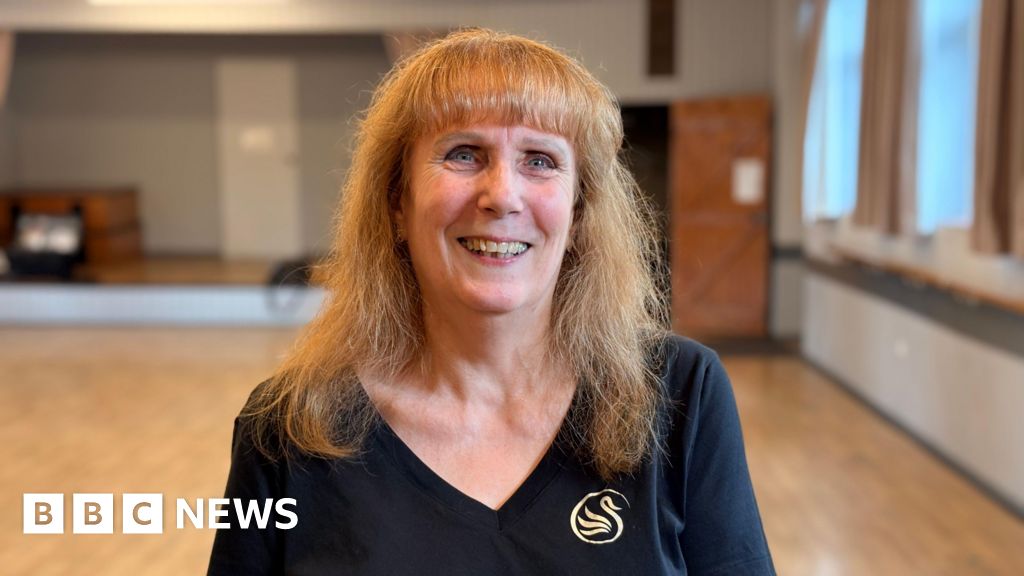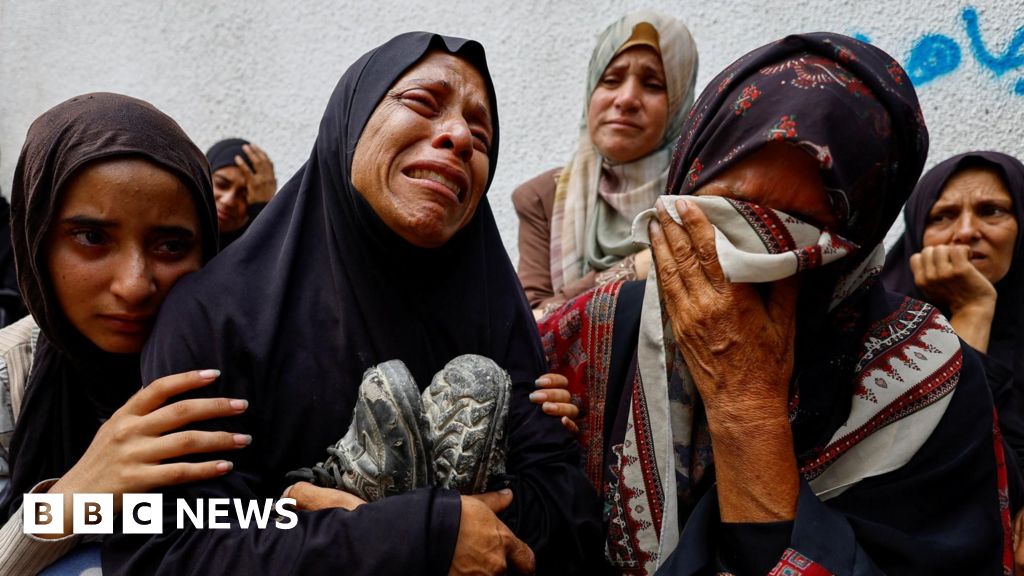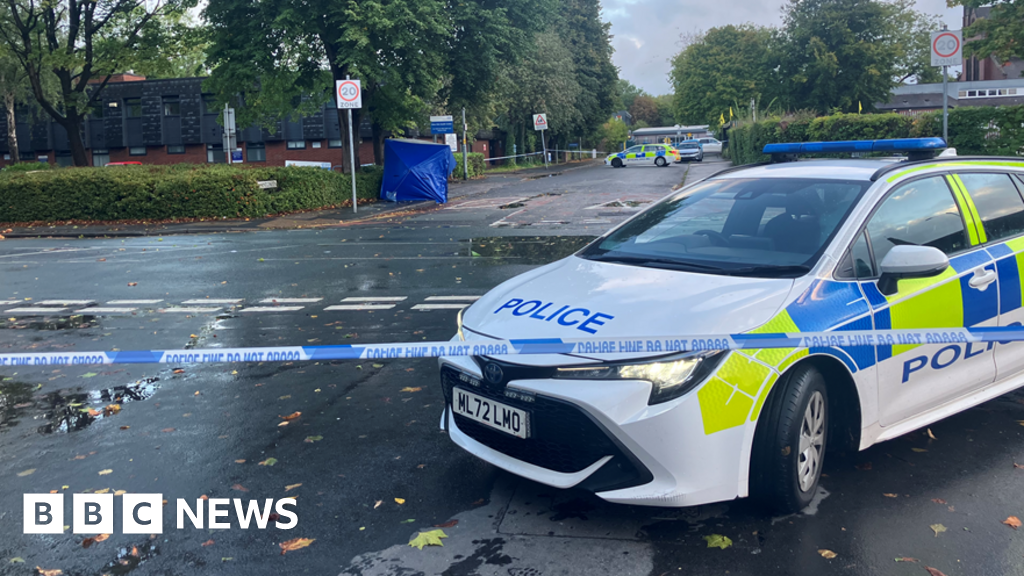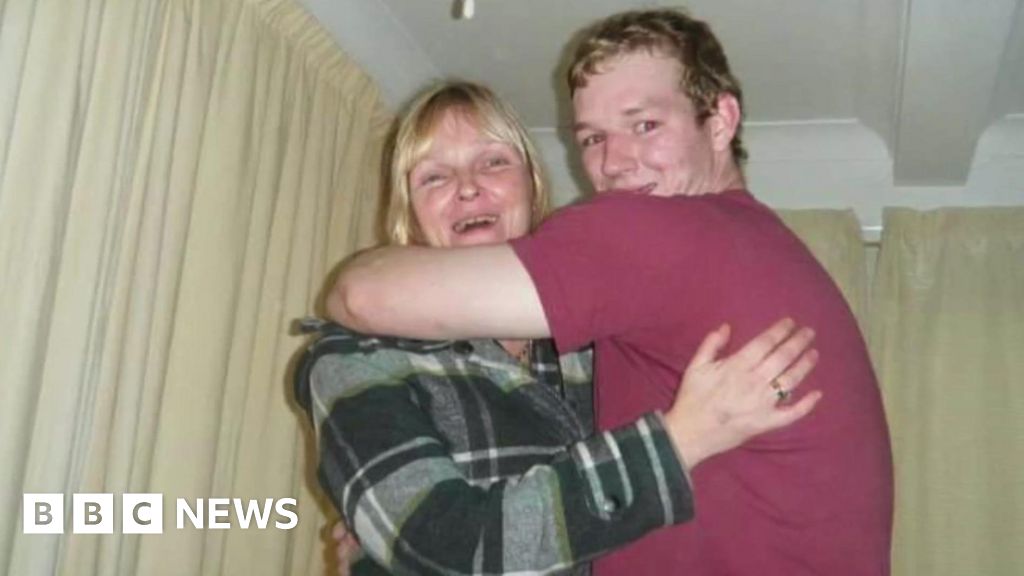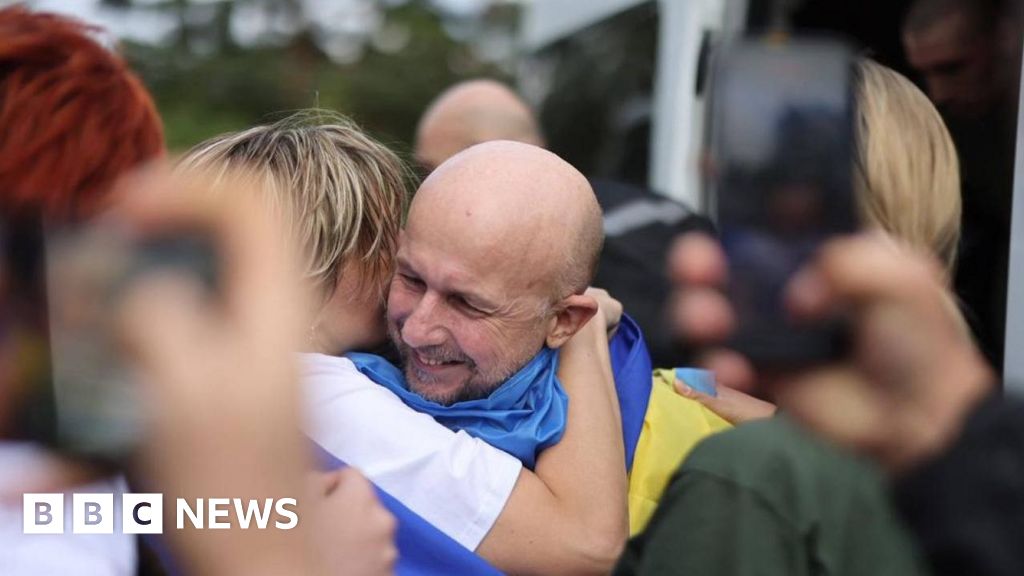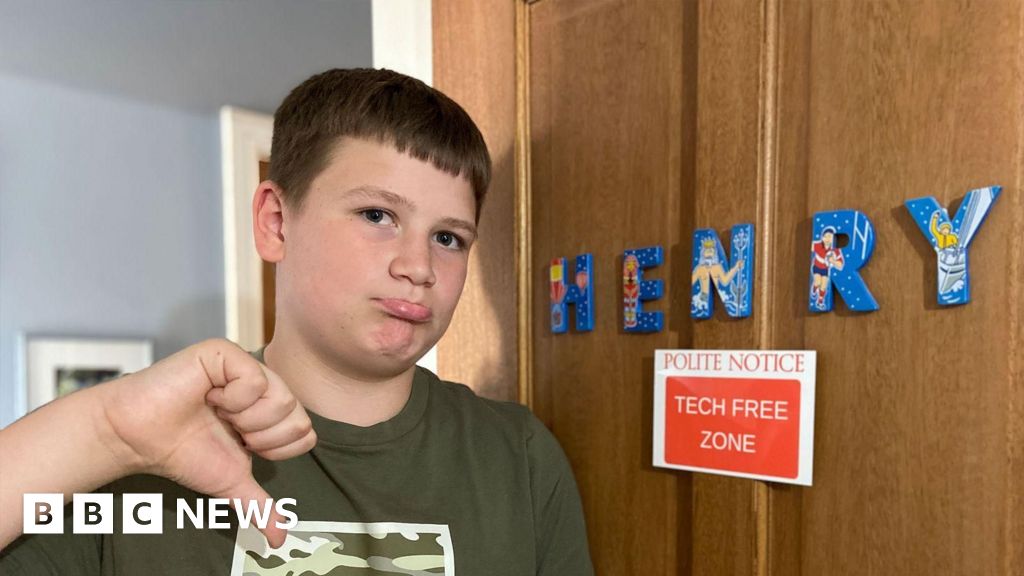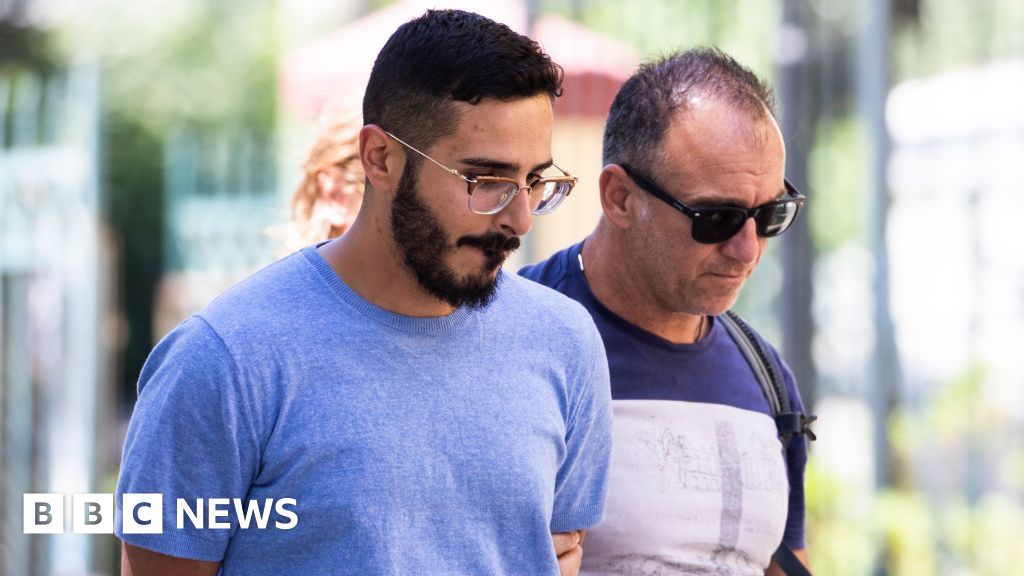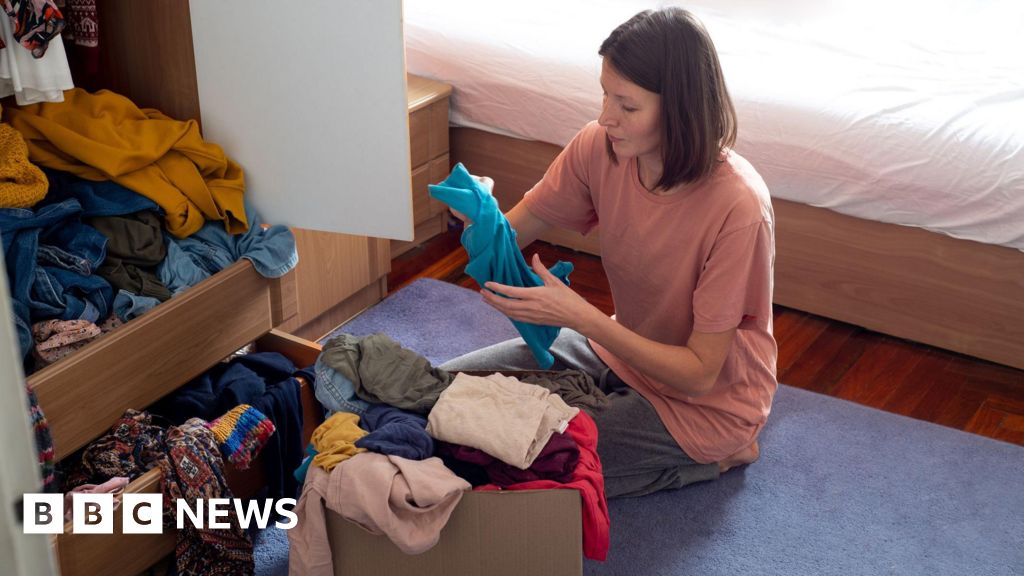Alison Holt
Social Affairs Editor, BBC News
Reporting fromThe Old Bailey

 Figueiredo family
Figueiredo family
Alice Figueiredo made previous attempts to take her own life, the Old Bailey heard
A hospital trust and a staff member have been found guilty of health and safety failings over the death of a young woman in a mental health unit.
Alice Figueiredo, 22, was being treated at Goodmayes Hospital, east London, when she took her own life in July 2015, having previously made many similar attempts.
Following a seven-month trial at the Old Bailey, a jury found that not enough was done by the North East London Foundation NHS Trust (NELFT) or ward manager Benjamin Aninakwa to prevent Alice from killing herself.
The trust was cleared of the more serious charge of corporate manslaughter, while Aninakwa, 53, of Grays in Essex, was cleared of gross negligence manslaughter.
The jury deliberated for 24 days to reach all the verdicts, setting a joint record in the history of British justice, according to the Crown Prosecution Service.
It was only the second time an NHS trust has faced a corporate manslaughter charge.
Speaking directly to Alice's mother and stepfather after the verdict, Judge Richard Marks KC said it was clear from the evidence that she was an extremely special young woman and "their immense love for her had been very apparent".
He also said he hoped they felt the case had been dealt with fully and that would "provide some consolation".
This article contains material that some may find distressing.
If you are affected by any of the issues raised in this story, support and advice is available via the BBC Action Line.

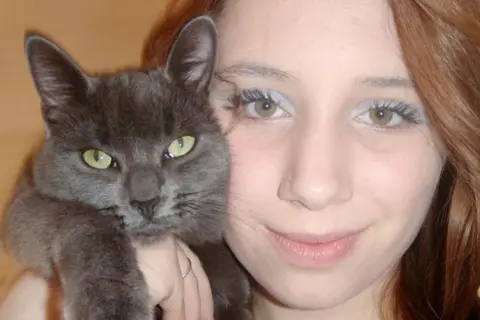 Figueiredo family
Figueiredo family
Alice had an "amazing quick wit and sense of humour," her mother Jane said
Alice was admitted to a mental health ward at Goodmayes Hospital in Ilford in February 2015.
She was under close observation on the Hepworth Ward, then managed by Aninakwa.
In the five months leading up to her death, she attempted suicide using plastic or bin bags on 18 occasions, mostly taking bin bags from the same shared toilet, the Old Bailey heard.
The hospital had previously acknowledged the risk to patients of keeping bin bags on the ward and they were subsequently taken out of patient bedrooms.
However, despite warnings from Alice's family, they were not removed from the communal toilet, which was left unlocked.
On 7 July 2015, at her 19th attempt, she took her own life using a bin bag taken from the toilet.
During the trial, prosecutors said that not only was Alice repeatedly able to self-harm while she was in hospital, but that these incidents were not properly recorded or assessed.

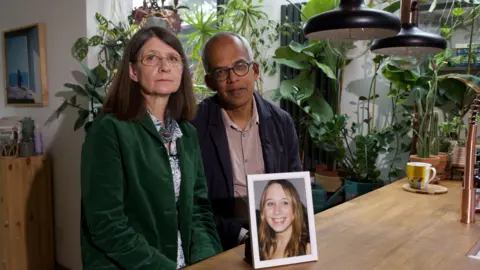
Alice's mother Jane Figueiredo and her stepfather Max Figueiredo said Alice had suffered with depression since her teens
The court also heard there were concerns about Aninakwa's communication, efficiency, clinical and leadership skills.
The trust had previously placed him on a performance improvement plan for three years, which ended in December 2014.
In addition, there was a high turnover of agency staff on the ward, the court heard.
Alice's mother Jane Figueiredo described the "intense pain" of being told about her death, saying it was the moment when "your entire life changes forever".
Her family prefer to remember the clever, creative, musical and funny young woman, who they say was full of life.
"She had the most amazing quick wit and sense of humour," Mrs Figueiredo said.
"She used to be able to make me laugh more than anybody in the world. And I really miss that."
Alice had experienced periods of deep depression since she was a teenager and also developed an eating disorder.
She was admitted to hospital on several occasions and her condition had always improved after treatment, her family said.
Her stepfather Max Figueiredo said it was a question of managing her illness and "trusting the medical profession to make the right decisions".

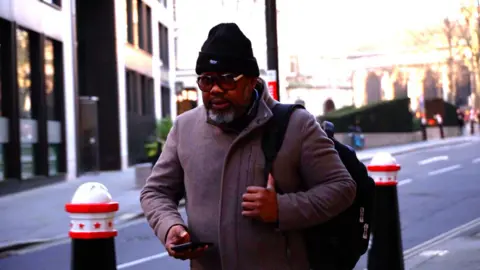
Benjamin Aninakwa was the manager in charge of the on the Hepworth ward, where Alice was being cared for
Mrs Figueiredo says she raised concerns about her daughter's care verbally and in writing on a number of occasions to the hospital and to Mr Aninakwa.
After Alice died, she said the family found it very difficult to get answers about what happened.
For nearly a decade they gathered evidence and pressed both the police and the Crown Prosecution Service (CPS) to take action.

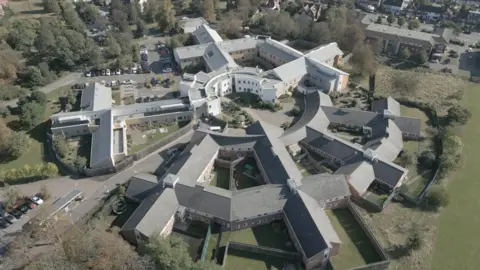
Goodmayes Hospital, Ilford, where Alice took her own life
NELFT is only the second NHS trust in England to have been charged with corporate manslaughter, with the only previous prosecution collapsing after two weeks.
It is particularly hard to bring corporate manslaughter charges against a large, complex organisation, says Dr Victoria Roper – an associate professor at Northumbria University, who studies this area of the law.
This is due to their complex organisational structures, says Dr Victoria Roper, a corporate lawyer and associate professor at Northumbria University.
Corporate manslaughter charges are "reserved for the very worst management failings leading to death," she says.
The larger the organisation, the more difficult it is to show that senior management have had "any hands-on involvement in events".
However, she says public bodies, the police and the CPS will be keeping a close eye on this case to see what can be learned from it.
'Justice, truth and accountability'
Mental health campaigners believe Alice's case highlights the poor care too many mental health patients receive.
Lucy Schonegevel, director of policy and practice at the mental health charity Rethink, says it is a "devastating reminder that we don't yet have a mental health system fit for the 21st century" and "people expect to be looked after and kept safe" on an inpatient unit.
But she says the charity is aware of many cases of patients being failed.
Alice's family believes any failing in cases such as hers must be transparent if they are to lead to improvements in mental health care, and they say they will keep pressing for that.
"It's never been about vengeance," Mr Figueiredo says.
"It's always been about justice and truth and accountability.
"That's what has driven us."

 3 months ago
57
3 months ago
57
